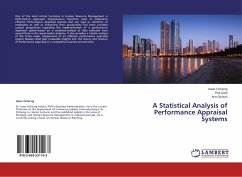Population growth, shortage of funds and resources lead to creation and application of more efficient techniques in allocating funds/resources to public sector capital intensive projects. Based on competition and globalization, privatization prepares a more suitable context towards this aim which leads to more efficient use of taxpayers' money on public infrastructure capital investment projects. The aim of this work is to introduce project finance technique and underline its importance and application in financing large capital invtensive projects. In order to achieve this purpose, a brief history of project finance and some distributive statistical findings in different industrial sectors is presented. Subsequently, the financial model of a hypothetical power plant contracted to an independent power producer is built, different categories of associated risks identified, critical variables captured and the their risk simulated. Ultimately, risk mitigation is considered by studying and recommending suitable types of contracts as far as possible.
Bitte wählen Sie Ihr Anliegen aus.
Rechnungen
Retourenschein anfordern
Bestellstatus
Storno








